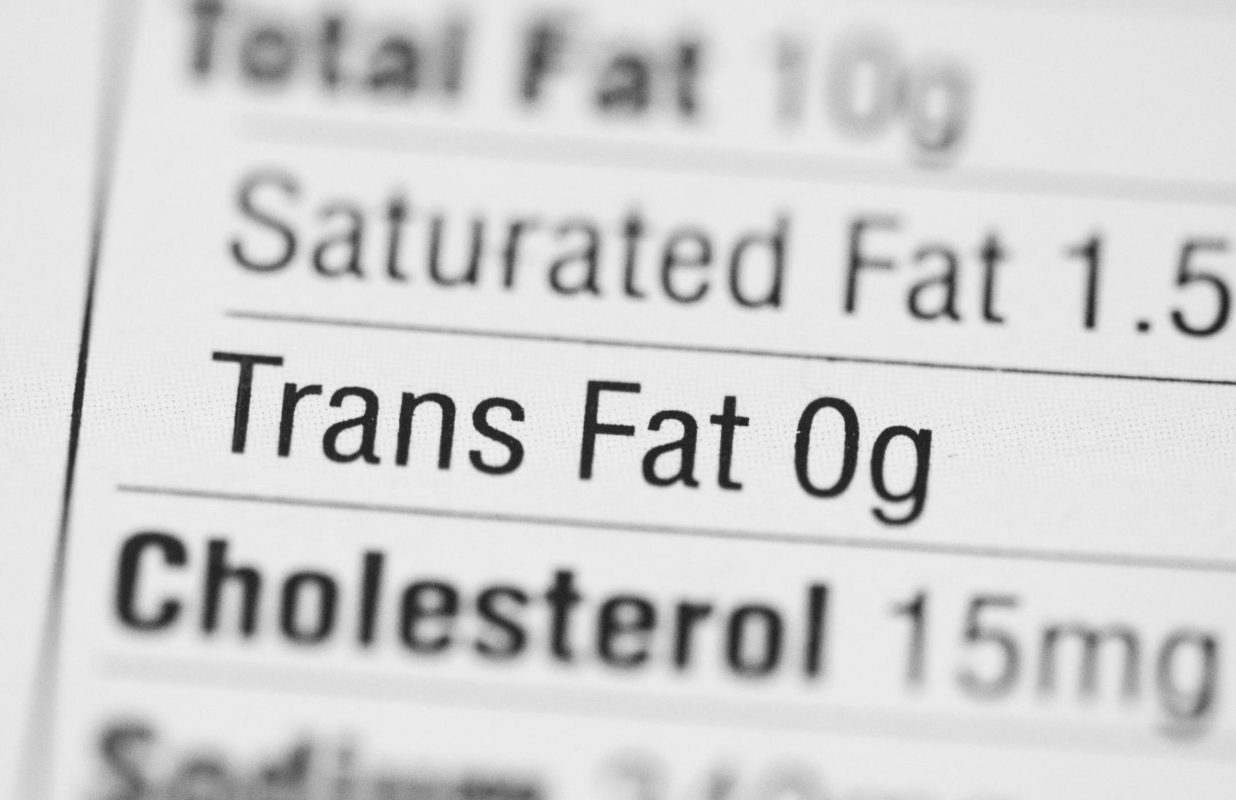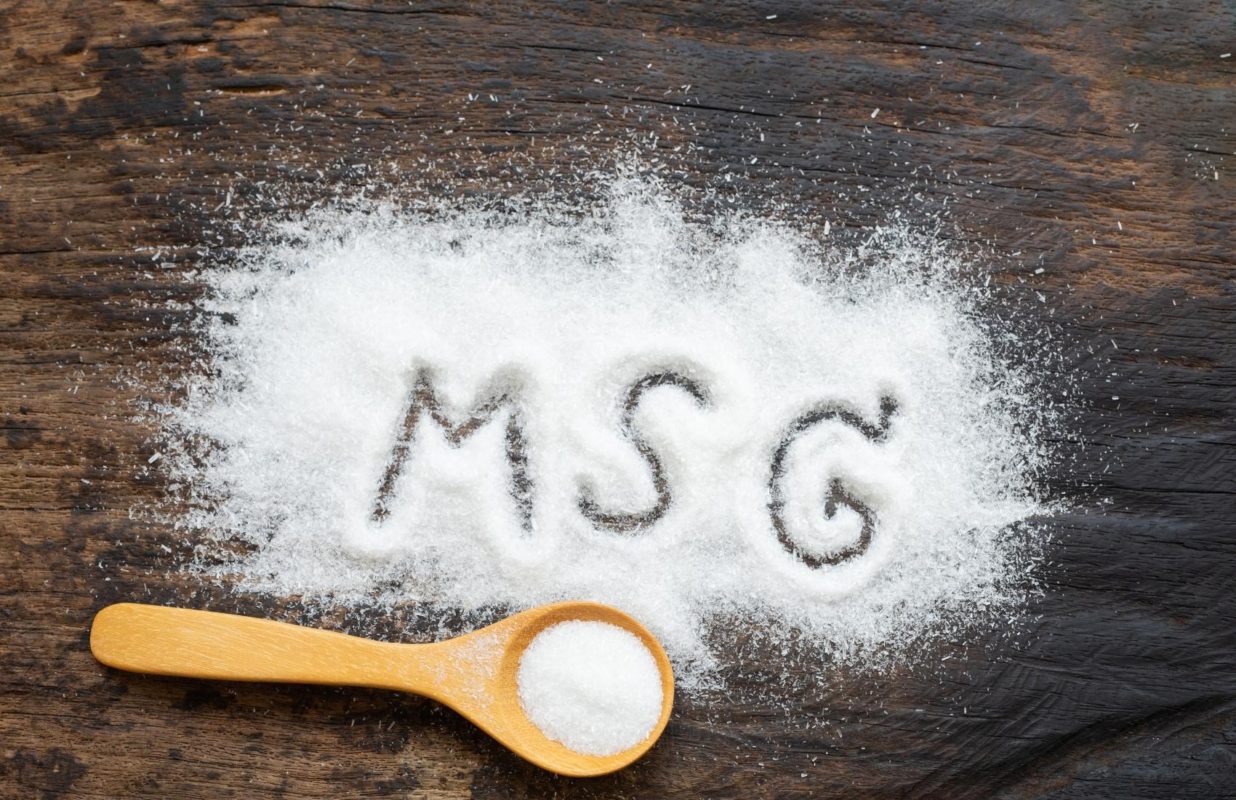Uncategorized
Common Food Additives You Should Avoid
There’s a fair possibility you’ll find a food additive if you read the ingredients label of nearly any item in your kitchen. They are applied to lengthen a product’s shelf life or improve its flavour, appearance, or texture. While some of these chemicals are harmful and should be avoided due to their adverse health effects, others are often safe to use. The most popular food additives are included in this blog, and suggestions for which ones to avoid using in your diet.
Artificial Food Colouring
Everything from sauces to desserts may look better by adding artificial food colouring. Multiple worries regarding possible health implications have been raised. Some people’s allergic responses have been linked to specific food colours. However, one research revealed that some kids might be more sensitive than others. Another analysis stated that artificial food colouring might encourage hyperactivity in kids.
Additionally, Red 3, often known as erythrosine, was replaced with Red 40 in most foods after research showed that it increased the incidence of thyroid cancers.
A healthy diet should limit processed foods, which are the main source of food colours. Since wholesome foods include more essential nutrients and don’t contain artificial colouring, always choose whole foods over processed ones.
Trans Fat
Unsaturated fats that have undergone hydrogenation to lengthen their shelf lives and enhance product consistency are known as trans fats.
Trans fat consumption has been linked to a variety of potential health problems. More significant consumption of trans fats is mainly associated with an increased risk of heart disease. According to one study, consuming trans-fat-rich meals raised various inflammation-related indicators, one of the critical risk factors for heart disease. Additionally, studies suggest a link between trans fats and diabetes.
Trans fat consumption may be reduced most effectively by removing processed foods from your diet.

Sodium Nitrite
Sodium nitrite is a common preservative found in processed meats that also gives food a salty flavour and bright red colour – This works by preventing germs from growing. Nitrites can convert into the chemical nitrosamine, which can have a variety of harmful effects on health – This takes when exposed to high heat and in the presence of amino acids.
Increased risk of stomach cancer was linked to increased nitrite and nitrosamine consumption. Despite mixed results, numerous research has suggested a connection between nitrosamine exposure and a greater risk of type 1 diabetes. Many studies have also discovered a link between processed meat consumption and increased bladder and breast cancer risk.
Limiting the consumption of processed meats and sodium nitrite is recommended. Consider replacing animal processed meats with unprocessed meat and healthier sources of protein.
MSG
MSG, also known as monosodium glutamate, is a popular food additive ingredient used to enhance the taste of savoury foods. Many processed foods, including canned soups, frozen meals, and salty snacks, include MSG. Additionally, it is frequently included in products at fast-food restaurants.
In certain observational studies, MSG use has also been linked to weight gain and metabolic syndrome. After consuming a lot of MSG, some people with a sensitivity to it may develop symptoms including migraines, sweating migraines and loss of sensation. But because it cannot pass the blood-brain barrier, this additive will probably have little to no impact on the health of the human brain.
It is advised to avoid MSG in your diet if you feel any terrible side effects after taking it. Otherwise, MSG can be safely ingested in moderation without the danger of adverse side effects if you can handle it.

Sodium Benzoate
Acidic foods, including condiments and fruit juices, are frequently preserved using sodium benzoate. Studies have shown some adverse effects that need to be considered.
According to one research, young children’s hyperactivity increased when sodium benzoate and artificial food colouring were combined. Young individuals who consume more drinks with sodium benzoate reported having increased ADHD symptoms.
Sodium benzoate can also be transformed into benzene, a substance that may be linked to cancer development when mixed with vitamin C. The amount of benzene in carbonated beverages is the largest, and diet or sugar-free beverages are much more likely to produce benzene. A source of vitamin C, such as citric acid or ascorbic acid, should not be consumed with foods containing benzoic acid, benzene, or benzoate.
Artificial Flavoring
Chemicals used in artificial tastes are made to taste like other substances. They lack any nutritional value, are chemically created in a lab, and are addicting. According to studies, these artificial flavours may adversely affect health.
Some of these side effects include headaches, nausea, exhaustion, chest discomfort, dizziness, and a high risk of cancer. Additionally, it has been demonstrated that they make asthmatics or those inclined to hyperactivity worse. Further, the thyroid and ribonucleic acid may be impacted.
Many common foods, including yoghurt, beverages, chips, and other processed food, include artificial food additives.


